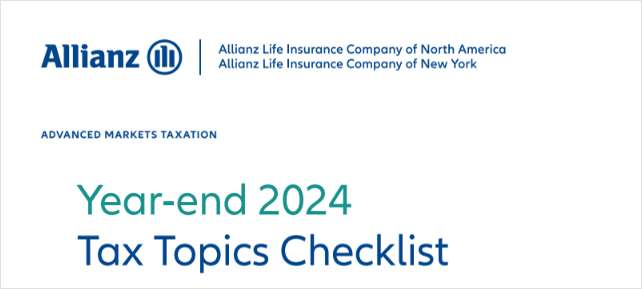If you have clients who will be working in Dubai — one of the seven emirates in the United Arab Emirates — then you should brief them on the Dubai Health Authority's health insurance mandate.
The authority recently put off imposing fines a second time, but expats moving there should be prepared for the possibility that the third deadline, March 31, could stick.
Here's a look at what the DHA mandatory insurance obligations are, who they affect, and what your clients might need to do before the next deadline passes.
Dubai's mandate
Dubai Health Insurance Law Number 11 took effect Jan. 1, 2014. The law required all affected employer groups to offer coverage by June 30, 2016. The law also required that dependents of the heads of households, including domestic workers, be insured for basic health coverage by the same date.
All people in Dubai, regardless of whether they are citizens or people living in the country on visas, must obtain a minimum level of health insurance. Here's a look at the UAE equivalent of what the United States now classifies as "minimum essential coverage." (Note that one UAE dirham, or AED, is now worth about 27 U.S. cents.)
Minimum UAE coverage must offer:
-
An annual maximum claim limit of at least AED 150,000.
-
Basic health care coverage in Dubai, and emergency care in the rest of the UAE.
-
Coverage for ambulance services, laboratory tests, inpatient care and outpatient care.
-
Coverage for pre-existing conditions.
-
Maternity coverage up to a limit of AED 7,000 for a normal delivery and AED 10,000 for a cesarean section. Prenatal tests must also be covered, with a 10 percent co-pay
-
Reimbursement for accommodations for companions staying in the hospital with the patient.
The health mandate legislation is especially important for expats and their families: The DHA has stated that work visas will not be issued or reissued to non-citizens if the applicants and their dependents are unable to provide proof of meeting the statutory minimum insurance requirements.

The fines for lacking minimum Dubai coverage could be the equivalent of $125 per uninsured life per month. (Photo: Allison Bell/LHP)
Deadline for fines pushed back
As the original June 2016 deadline for getting covered approached, the DHA announced that it would delay levying fines until the end of 2016. A six-month grace period was given to those still without compliant health coverage.
At the time, the extension was considered to be a move by the Dubai government to potentially avoid criticism from citizens who would be due fines for noncompliance, and the possibility that regulators were not yet fully prepared to enforce the requirements.
Towards the end of December 2016, the government again extended the compliance deadline. Observers believe the DHA extended the deadline because many uninsured people were scrambling to get coverage in December, and that caused problems for insurers' enrollment systems.
In February, DHA made March 31 the new deadline for getting covered, according to the DHA website.



